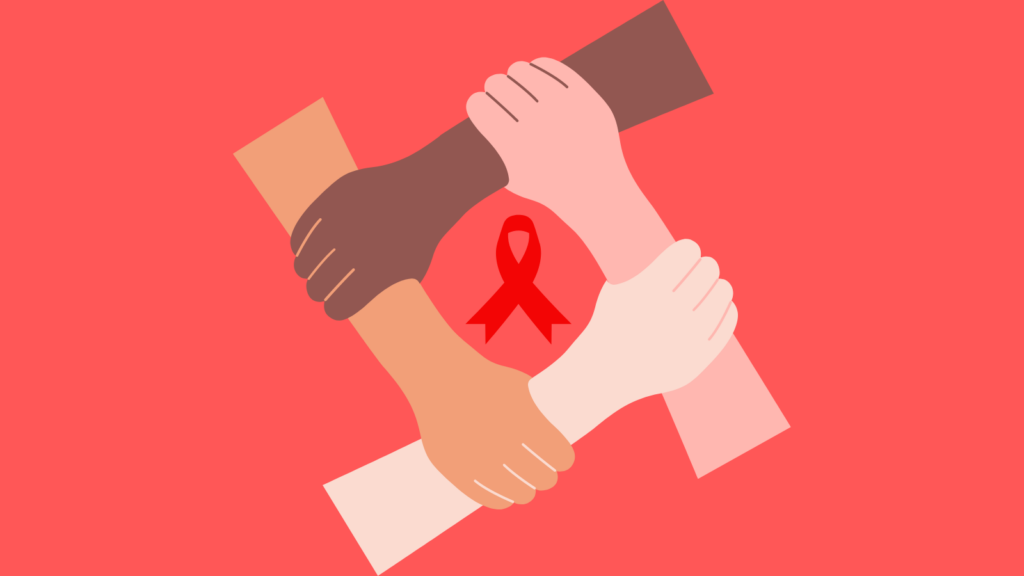Study Explores Willingness to Trade-Off Years of Life for an HIV Cure

Brief Overview
Many people living with HIV desire a cure, even if it means risking their lives. This new study explored whether a psychological phenomenon called “affective forecasting” (where people tend to overestimate the positive impact of future events on their well-being) could be at play and whether this bias could be mitigated.
However, the 2 interventions used did not significantly decrease participants’ decisions considering trading off their time of living (which is a standard measure of taking substantial risk) for being cured of HIV as expected. One intervention increased their willingness to trade time, especially for people who reported a lower quality of life.
“These negative findings suggest that either these biases are difficult to overcome in the settings of HIV curative medication or other factors beyond affective forecasting biases influence willingness to participate in experimental curative treatment,” the researchers concluded.
This work has important findings for policymakers and researchers who create informed consents and procedures for people living with HIV. CHIBE spoke with lead study author Dr. Ilona Fridman about insights from the study published in AIDS Research and Therapy.
What surprised you most about the study findings?
I was surprised that we didn’t observe the expected impact of interventions on affective forecasting. It doesn’t mean that it doesn’t exist. But we were expecting to at least see something there; instead we observed quite the opposite. Patient decisions were more correlated with their current state than their future state.
What’s one thing you would want people to take away from this study?
The takeaway would be: When patients give informed consent, their decisions can be influenced by their biases. It can be cognitive biases, affective forecasting, etc. Their decisions could be also influenced by their current quality of life as we found in the study. [It begs the questions:] What consent is actually real consent? And to what extent can we as researchers engage patients who are vulnerable or experience lower quality of life in research? How can we make sure we are transparent in our intentions and help patients make decisions that are consistent with their values and consistent with the best outcomes?
What intervention would you test next to explore people’s willingness to trade off years of life to achieve an HIV cure?
We found that participants’ current quality of life influenced patients’ decisions, and therefore in the future, we need to investigate if improving their current state could impact their decisions about an HIV cure. For example, if we increase people’s quality of life, will they be as willing to risk side effects in the future for a treatment that may or may not work?
This study was conducted by: Drs. Ilona Fridman, Nir Eyal, Karen A. Scherr, Judith S. Currier, Kenneth A. Freedberg, Scott D. Halpern (a CHIBE affiliate), Daniel R. Kuritzkes, Monica Magalhaes, Kathryn I. Pollak, and Peter A. Ubel